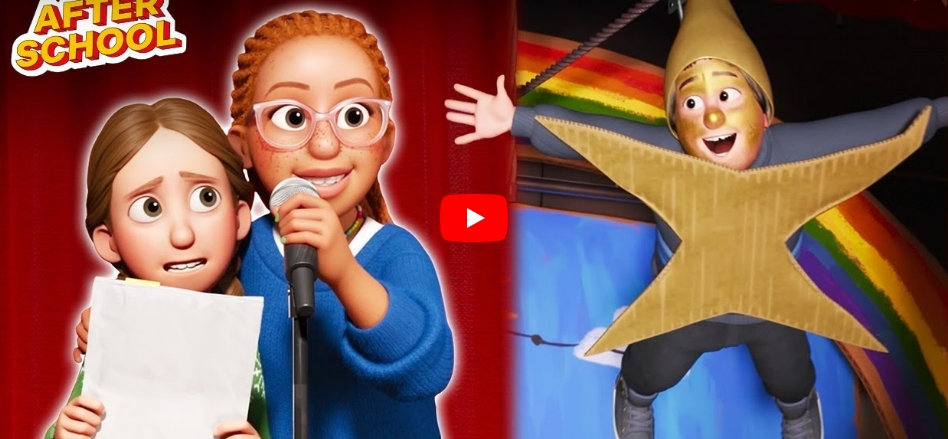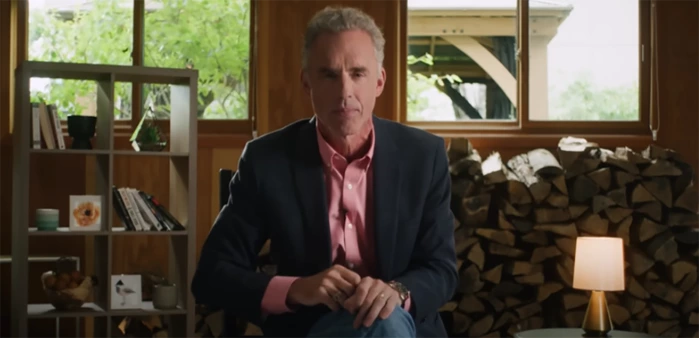Many college professors are finding themselves in a bind when it comes to discussing sensitive topics like transgender issues. A recent survey conducted by the Foundation for Individual Rights and Expression reveals that nearly 50% of faculty members feel uncomfortable bringing up this topic in class. The survey, which peered into the state of free speech within higher education, highlights mounting concerns about open dialogue on campus.
Released as part of the 2024 FIRE Faculty Survey Report, the findings are based on responses from over 6,200 faculty across 55 colleges and universities across the U.S., gathered from March through May. One key insight from the report states, “Academic freedom may technically exist, but many faculty appear to lack faith that it will be there to protect them.” This suggests that although the concept of academic freedom is acknowledged, the reality is far less reassuring for many educators.
The Climate of Censorship
When it comes to engaging students in discussions about contentious subjects, only 30% of professors felt they could do so without hesitation. Topics like the Israel-Gaza conflict and racial inequality presented challenges for 70% and 51% of respondents, respectively, but the issue of transgenderism was also a significant hurdle for about 49% of these educators.
In addition to the most pressing subjects, other themes such as affirmative action (47%), the presidential election (41%), and abortion (38%) posed similar difficulties for faculty aiming to foster open dialogue. Notably, only about 24% of professors reported discomfort discussing issues like climate change or economic inequality, suggesting that certain topics are more sensitive than others.
Polarized Perspectives
The survey showed stark differences in how faculty perceive free speech on campus, often influenced by their political leanings. Roughly 27% of professors indicated they felt unable to express their views due to concerns about backlash. Conservative professors especially felt this squeeze, with 47% expressing the need to hold back their opinions compared to just 29% of moderates and 19% of liberal faculty.
This trend of self-censorship extends beyond simple discussions; it seeps into academic publication, lectures, and even social media engagement. A notable 42% of conservative professors reported feeling compelled to self-censor their work, a figure strikingly higher than that of their moderate (34%) and liberal (21%) colleagues. In the realm of classroom discussions, 58% of conservative professors held back compared to 48% of moderates and 38% of liberals.
Despite the challenges, the report emphasizes the necessity for a robust academic environment where educators can freely explore controversial topics. “The academy needs courageous faculty who are not afraid to research, write about, or teach topics that many shy away from,” it asserts. This call for fearlessness in discourse resonates deeply in today’s polarized academic landscape, suggesting a critical need for change in how sensitive issues are approached in higher education.







Leave a Reply